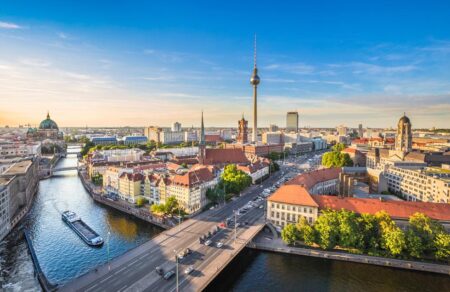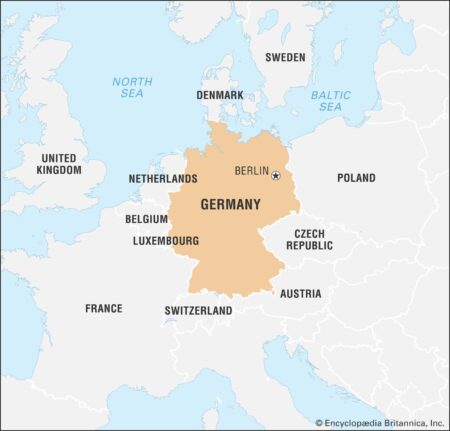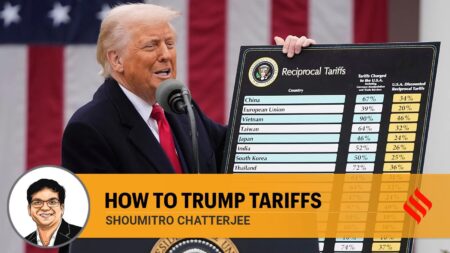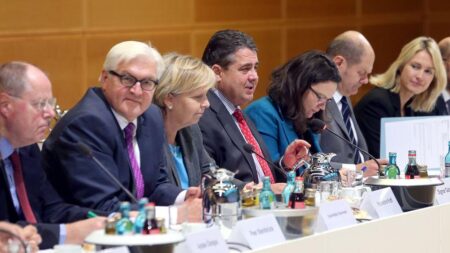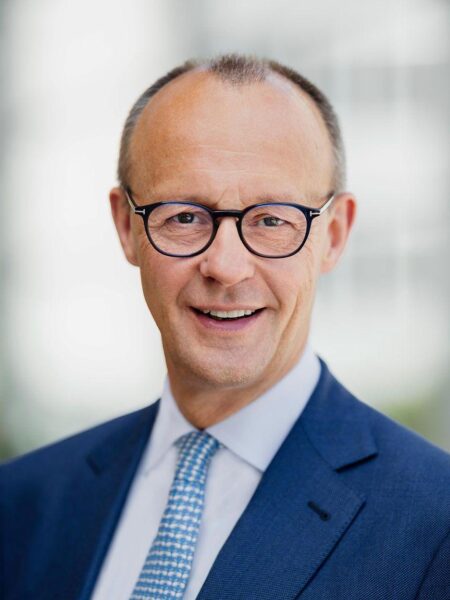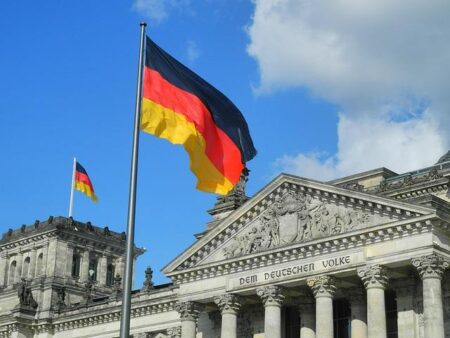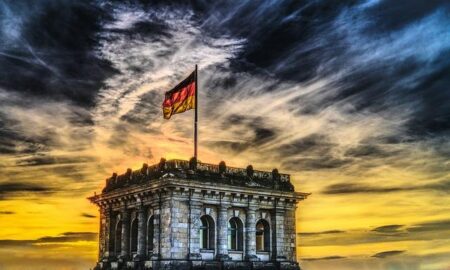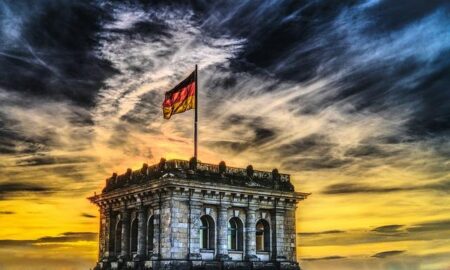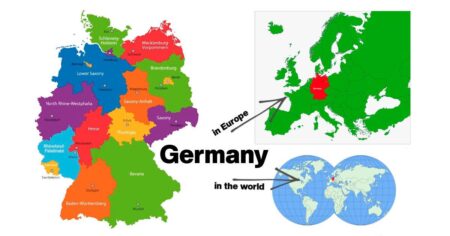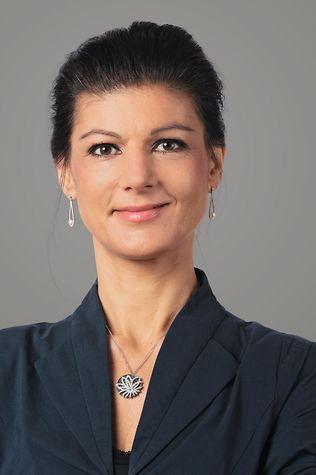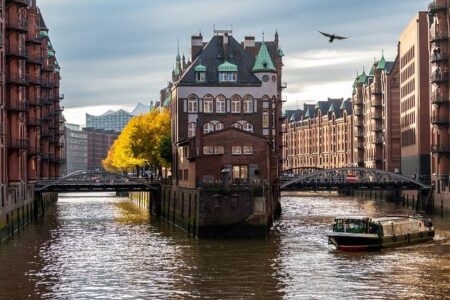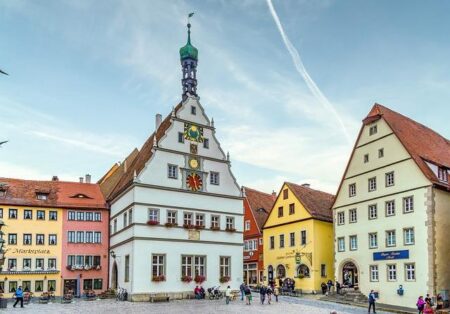Germany’s Friedrich Merz is poised for election as chancellor on May 6, according to sources. His leadership marks a significant shift in the political landscape, as he aims to unify the party and address pressing national issues amid ongoing challenges.
Browsing: German politics
Germany’s Friedrich Merz has finalized a coalition deal aimed at addressing the rising challenges posed by a resurgent Trump administration. The agreement underscores the urgency for European leaders to unify against potential political shifts across the Atlantic.
German chancellor-designate Friedrich Merz emphasized the advantages of EU unity in response to shifting Trump tariffs. He highlighted that a coordinated stance among member states can better protect their economies against external pressures.
Germany’s coalition talks have revealed significant divisions among the parties, particularly on issues such as climate policy and economic reforms. With negotiations underway, key disagreements may shape the future direction of the government.
In ongoing coalition talks, Germany’s Finance Minister Christian Lindner of the Free Democrats (FDP) seeks to bridge gaps between conservative leader Friedrich Merz and the Social Democratic Party (SPD). Key issues remain unresolved as negotiations progress.
In a defining moment for German politics, Gregor Gysi, the veteran leader of the Left Party, took center stage in the Bundestag, addressing pressing social issues amid rising economic concerns. His passionate speech highlighted the party’s commitment to social justice and equity.
The German Parliament is currently engaged in heated debates over proposed reforms to the country’s debt brake, a fiscal rule aimed at limiting government borrowing. As economic pressures mount, lawmakers are grappling with balancing fiscal responsibility and urgent public spending needs.
In a significant political shift, German leader Friedrich Merz has secured the support of the Green party for an increase in defense spending. This bolsters Germany’s military commitments and reflects heightened geopolitical tensions amid calls for a more proactive defense strategy.
German parties have reached a consensus to relax fiscal rules, enabling significant investments in military and economic reforms. This shift aims to fortify national defense and stimulate economic growth, reflecting a strategic response to emerging global challenges.
Following his election victory, Friedrich Merz faces the challenge of uniting Germany’s fractured political landscape while asserting strong leadership in Europe. Analysts at Chatham House examine whether he can navigate these demanding responsibilities effectively.
Germany’s recent election signals a significant shift in its political landscape, with major implications for the EU. Key takeaways include a coalition government that emphasizes climate action and social reforms, potentially altering Germany’s leadership role in Europe.
In a recent address, Germany’s Friedrich Merz criticized former President Donald Trump’s influence on U.S. politics, expressing concerns over rising populism. As he attempts to forge a coalition, Merz highlights the need for stable transatlantic relations amid global challenges.
Germany’s far-right AfD and the Left party have secured sufficient seats to impede amendments to the country’s debt brake, a fiscal rule that limits public borrowing. This development highlights the ongoing political divisions impacting budgetary reforms in Germany.
Sahra Wagenknecht, a prominent figure in German politics, has witnessed both meteoric rises and sharp declines. Once celebrated as a visionary leader of the left, her controversial stances and internal party conflicts have reshaped her trajectory, prompting discussions about the future of the political landscape in Germany.
In a significant political shift, Germany’s Friedrich Merz declared victory for his conservative party as exit polls indicated substantial gains for far-right factions. This outcome reflects a changing electoral landscape and raises questions about future governance.
Polls have officially opened in Germany for a crucial general election that could reshape the country’s political landscape. Voters will cast their ballots to determine the future direction of the government amid pressing economic and social challenges.
German Chancellor Olaf Scholz stands at a political crossroads as he faces a no-confidence vote, testing the stability of his leadership. With tensions rising and challenges mounting, his administration must navigate a precarious path to retain public trust.

